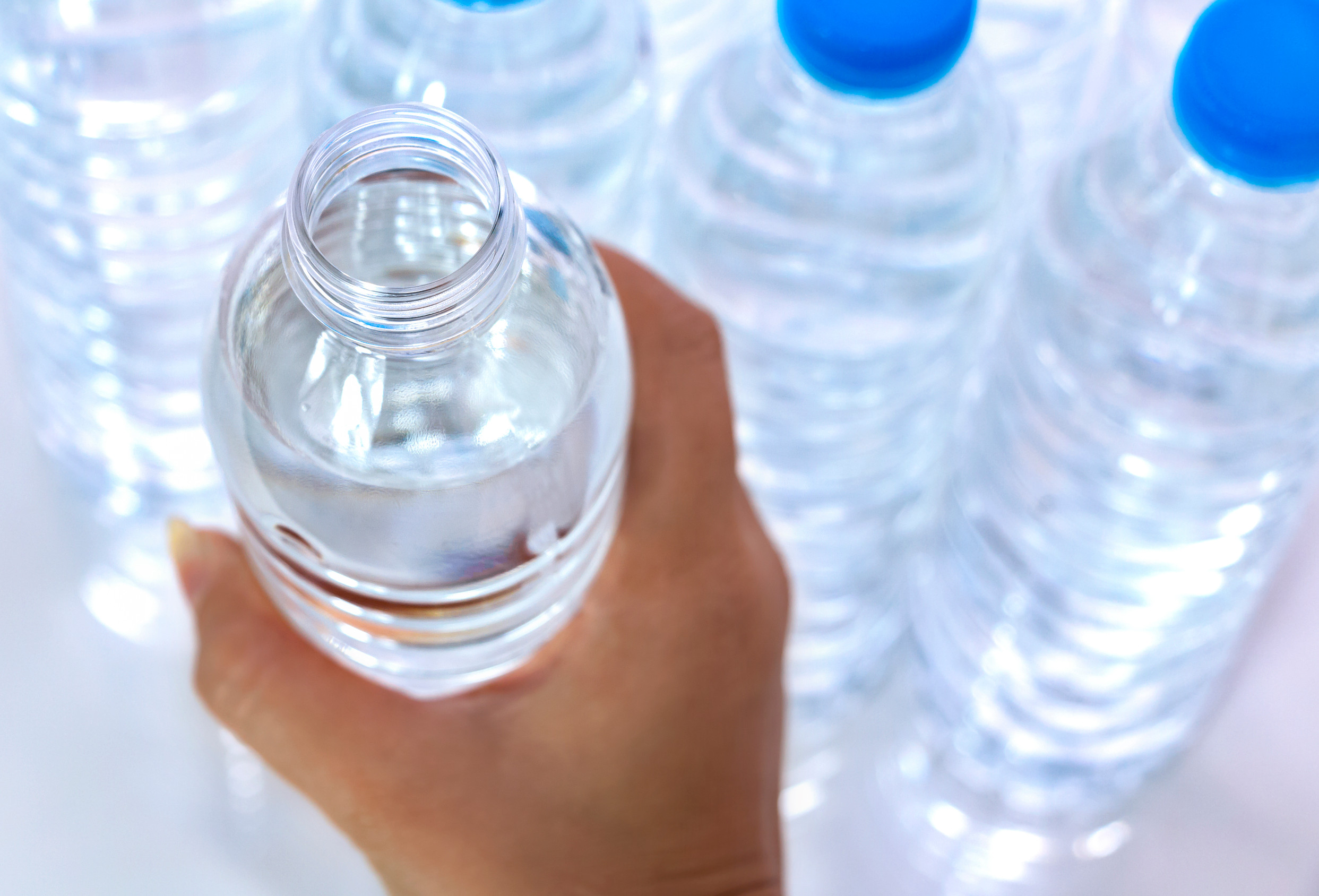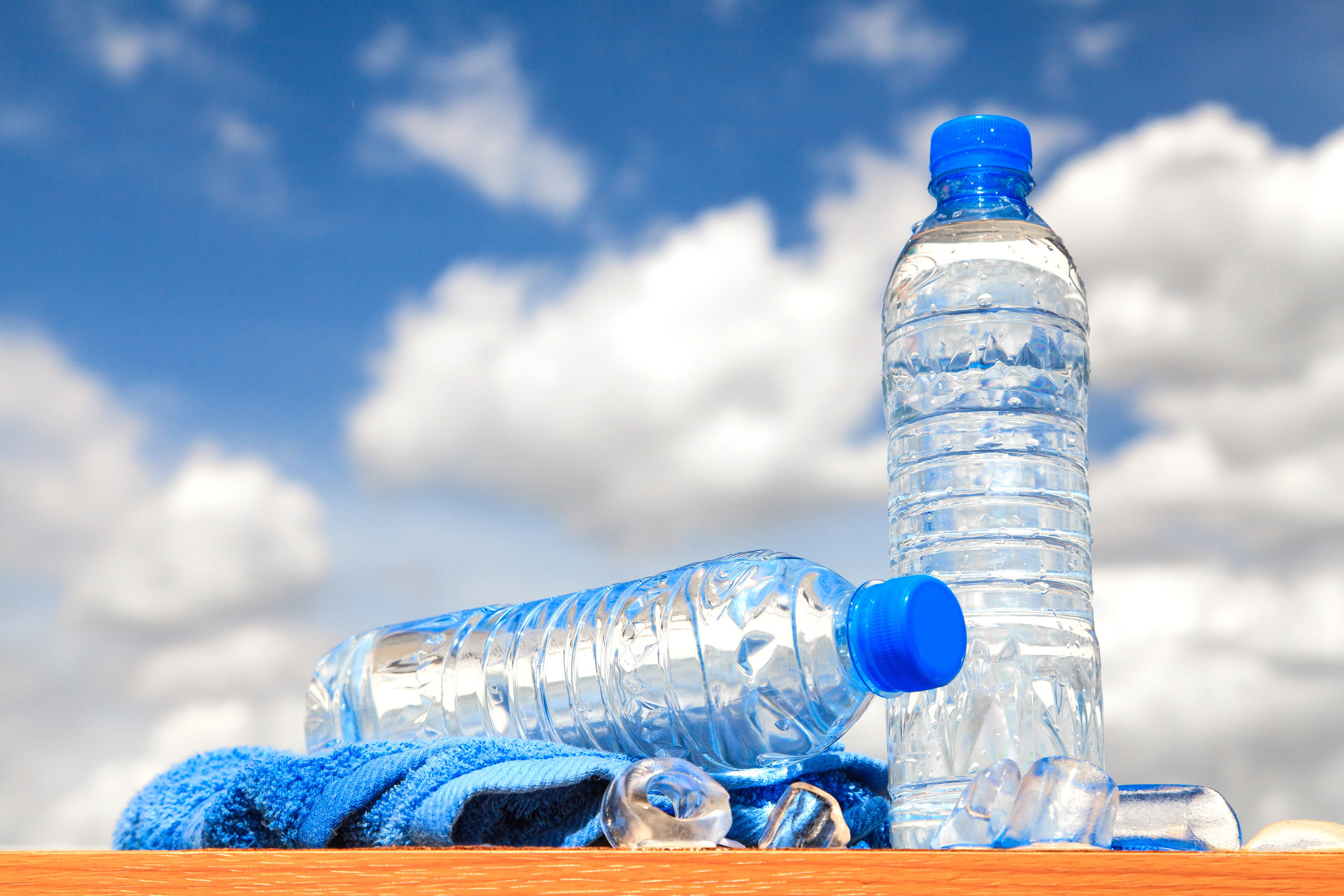Walk into any gas station, airport, or grocery store, and you’re instantly greeted by rows of crystal-clear bottles promising purity, hydration, and health. The bottled water industry has built its empire on a simple promise: their product is cleaner and safer than what comes out of your tap.
But once you peel back the label, the truth isn’t nearly as pristine. The bottled water business is wrapped in misleading marketing, questionable environmental practices, and shaky regulations. What you think you’re buying often doesn’t match what you’re actually drinking.
It’s Often Just Tap Water in Disguise
Many bottled water companies aren’t sourcing their product from exotic springs nestled deep in untouched mountains. A large percentage of bottled water—especially the major national brands—is simply filtered tap water that’s been repackaged and sold at a premium. The term “purified water” typically means it has gone through some filtration process, but that doesn’t make it inherently better than what’s already flowing through your kitchen faucet.
In fact, municipal tap water is regulated more strictly in many places than bottled water. The irony? You could be paying hundreds of times more for the same water you already have access to at home.
Regulation Is Shockingly Weak
Unlike municipal water, which is regulated by the Environmental Protection Agency (EPA), bottled water falls under the jurisdiction of the Food and Drug Administration (FDA). This distinction matters more than you’d think. While tap water systems are required to test for contaminants multiple times per day and make those results public, bottled water companies don’t face the same stringent oversight.
Some companies conduct their own testing and aren’t even required to disclose the results unless they’re asked. In short, there’s a surprising lack of transparency for a product marketed as the cleanest and safest option.
Plastic Contamination Is a Real Problem
When people reach for bottled water, they’re often imagining a clean, untouched product that’s somehow purer than what they’d get from a faucet. But studies have found microplastics—tiny plastic particles—in many bottled water brands at levels far higher than tap water. These particles are likely shed from the plastic bottles themselves or introduced during the bottling process.
The long-term health effects of ingesting microplastics are still being studied, but early research raises serious concerns. For a product that’s supposed to be about purity, that’s a pretty dirty reality.
The Environmental Toll Is Massive
Each year, billions of plastic water bottles are purchased globally, and the vast majority of them don’t get recycled. Instead, they end up in landfills, rivers, and oceans, contributing to a growing environmental crisis. Producing bottled water requires energy not only to manufacture the bottles but also to extract, filter, and transport the water. In fact, it takes about three times the amount of water to make one bottle than what it holds. That’s an astonishing waste, especially when clean drinking water is a limited resource in many parts of the world.
The Marketing Is Masterful—and Misleading
Bottled water companies have spent decades crafting a story that appeals to our desire for health, convenience, and safety. The use of words like “glacier,” “spring,” and “natural” creates a powerful visual—one that doesn’t always match the product’s origin. Even the imagery on the labels, often showing pristine mountains and flowing rivers, is carefully chosen to evoke trust. But many of these waters are pumped from industrial plants or municipal sources, then filtered and sold at a steep markup. The power of branding here is undeniable, but it comes at the cost of truth.
Bottled Water Isn’t Safer—Just Perceived That Way
For many people, bottled water represents peace of mind, especially when they’re traveling or concerned about local water quality. But numerous studies have shown that, in places with regulated municipal water systems, tap water is just as safe—if not safer—than bottled alternatives.
And because bottled water isn’t required to disclose as much about its contents, there’s often less consumer protection than people assume. Perception, not science, is driving the demand. That’s a dangerous foundation for an industry built on public health.
Convenience Has a Hidden Cost
It’s hard to argue with the convenience of grabbing a bottle of water when you’re on the go. But that convenience has blinded many consumers to the broader implications of their choice. From the plastic waste to the questionable sourcing practices, every bottle comes with a footprint far larger than what meets the eye. It’s a classic case of short-term ease creating long-term problems. What’s easy in the moment can have ripple effects for decades.
Reusable Options Make More Sense
With reusable bottles and water filtration systems widely available, there are better alternatives that don’t sacrifice safety or convenience. Stainless steel or BPA-free plastic bottles can be filled and refilled endlessly, often from the same source that bottled water companies are using.
Home water filters can address taste or quality concerns while drastically reducing your environmental impact. These small shifts in behavior can add up to big changes over time. It’s not about perfection—it’s about making smarter, more informed choices.
It’s Time to Rethink the Habit
The truth about bottled water isn’t just inconvenient—it’s deeply unsettling. What’s marketed as a healthier, safer choice is often little more than a rebranded version of what you already have, wrapped in plastic and sold at a steep premium. The environmental, financial, and health costs are too big to ignore. With better options within reach, continuing to support an industry built on illusion feels less like a choice and more like a bad habit. Maybe it’s time to break it.
What Do You Think?
Have you already made the switch to reusable bottles, or is bottled water still part of your daily routine? Do you trust your tap water? We’d love to hear your take on the bottled water industry, whether you’re shocked, skeptical, or just thirsty for more facts. Drop a comment below and join the conversation. Your thoughts might just inspire someone else to rethink what’s really in their bottle.
Read More
6 Best Waterparks in the U.S. Ranked by Thrills and Family Fun
Bottled Up: The 10 Harsh Truths About Bottled Water



Leave a Reply